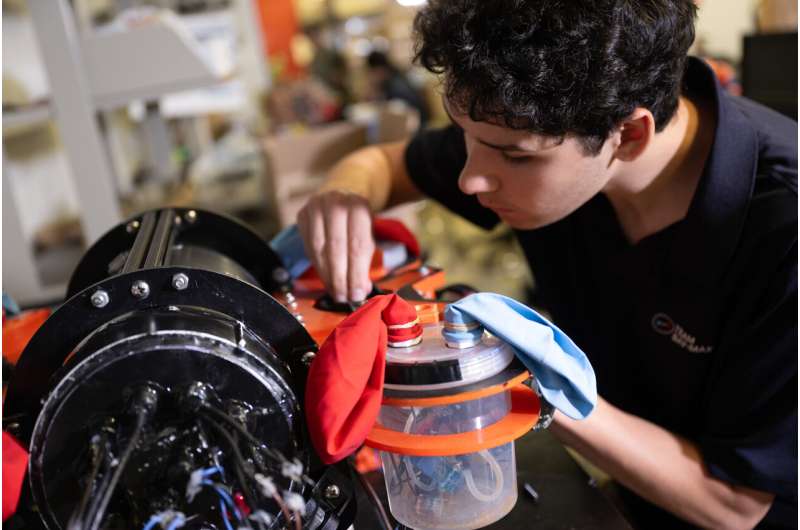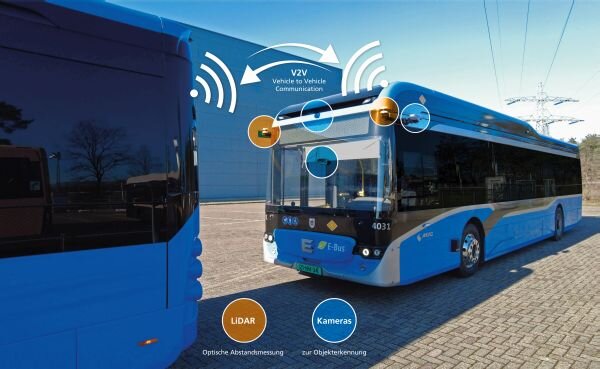The UK's ambitious plan to build 1.5 million homes could get an unexpected boost from an unlikely source: robot workers in the form of drones. As the construction industry faces challenges in efficiency and worker safety, these unmanned aerial vehicles are poised to revolutionize building practices.
Drones, acting as airborne robot workers, can perform a variety of tasks from site monitoring to safety inspections, and even heavy lifting. Some models can carry loads exceeding 20kg, making them viable alternatives to human workers for certain dangerous or repetitive tasks.
However, the potential of these robot helpers remains largely untapped due to a complex web of regulations. The UK's drone policy is a confusing patchwork of local bylaws, national legislation, and retained EU rules, creating hurdles for construction companies eager to embrace this technology.
Experts argue that streamlining these regulations could unlock the full potential of drones in construction. By creating a unified national framework for commercial drone deployment, the UK could pave the way for safer, more efficient building practices - a crucial step towards meeting its ambitious housing goals.
As the country looks to the future of construction, the role of these robot workers in the sky may prove to be a game-changer. The question remains: will policymakers act quickly enough to harness this technology for the impending housing boom?


















